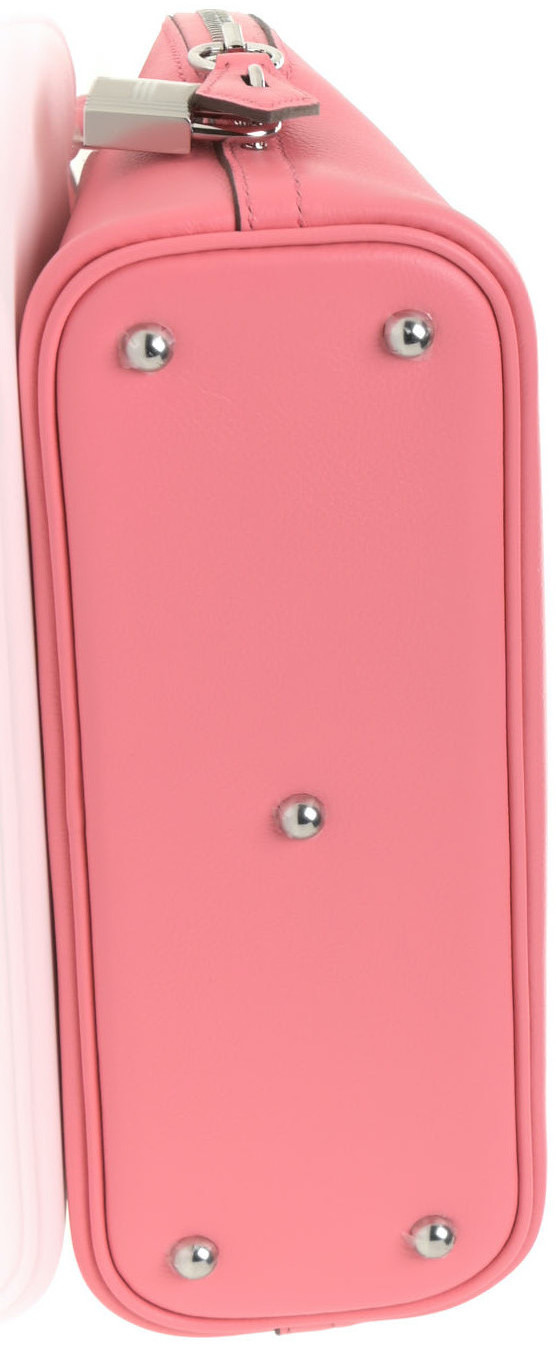 |
| Hubba Bubba has a soft texture and long-lasting flavor |
For much of my adult life, I've been a gum chewer often craving a stick after dinner. Why I really don't know ... out of habit? Another piece of personal trivia: I have yet to need a root canal and I asked my dentist if chewing gum somehow prevented my ever having to have a root canal. He said, nope. There's no proven cause and effect relationship, but cavities do thrive in a dry mouth so chewing gum does help to keep your mouth lubricated, which may be beneficial. Drinking water helps prevent cavities.
It turns out that human beings have been chewing gum since the beginning of time ... starting with tree sap. The phrase "Chewing the fat" derives from an old Eskimo practice of chewing whale blubber like bubble gum, which takes a long time to dissolve. Nowadays chewing gum is made of elastomers (rubber-like substances), resins (plant or synthetic), waxes, oils, flavorings, and sweeteners ... and chewing it may have 7 Surprising Health Benefits:
1. Chewing gum can reduce stress and drowsiness when people are working or studying for exams. There's evidence to suggest the activity can lessen anxiety and depression. Perhaps similar to exercise, movement in general, diverts and channels your immediate worries, plus keeps you alert!
2. It has been shown to boost memory in magnetic resonance imaging (MRI) tests by increasing blood flow to your brain.
3. Chewing gum increases salivation to clean food particles off your teeth and fight plaque, and your saliva also carries phosphate and calcium to help strengthen enamel.
4. An ingredient in gum, xylitol, a sugar alcohol with antibacterial properties, seems to prevent ear infections in children. Brands that contain xylitol include Pur, Spry, Xylitol, Stride, Orbit, Pure, Mentors, Icebreakers, and some Trident varieties. Yet be wary of too much of a good thing: Over 50 grams of xylitol may cause diarrhea or gas in some people, and the ingredient is toxic to dogs.
5. A stick of gum after dinner can lower the acid levels in your esophagus and thus help reduce acid reflux and heartburn.
6. In 10 studies using 1,659 participants, chewing gum helped to jump-start digestion and intestinal function after surgery.
7. A small research study with 46 adults found that chewing gum improved eye focus and so helped the participants see more clearly, however, scientists will tell us it's too small of a sample to be conclusive. It is very interesting.
Dentists like the xylitol, often an ingredient in sugarless gum. They also prefer chewing sugarless to sugared gum, but say if you chew gum containing sugar make sure you chew long enough to clean the sugar off your teeth.
I tend to carry a few packs of gum when I travel in case I'm someplace where I can't brush my teeth after a meal. Who likes to have food particles in between your teeth? Nobody, it's safe to say!




















































